Jojoba oil is actually a wax-like oil obtained from the seeds of the jojoba shrub.
The jojoba shrub is native to the southwestern United States and thrives in desert areas of Arizona, southern California, and parts of Mexico.
Producers began incorporating the oil into cosmetics and food products in the 1970s. It’s extremely adaptable, with countless applications. One of its most common uses is in beauty products. You’ll find it in many formulations for hair, skin, and nails.
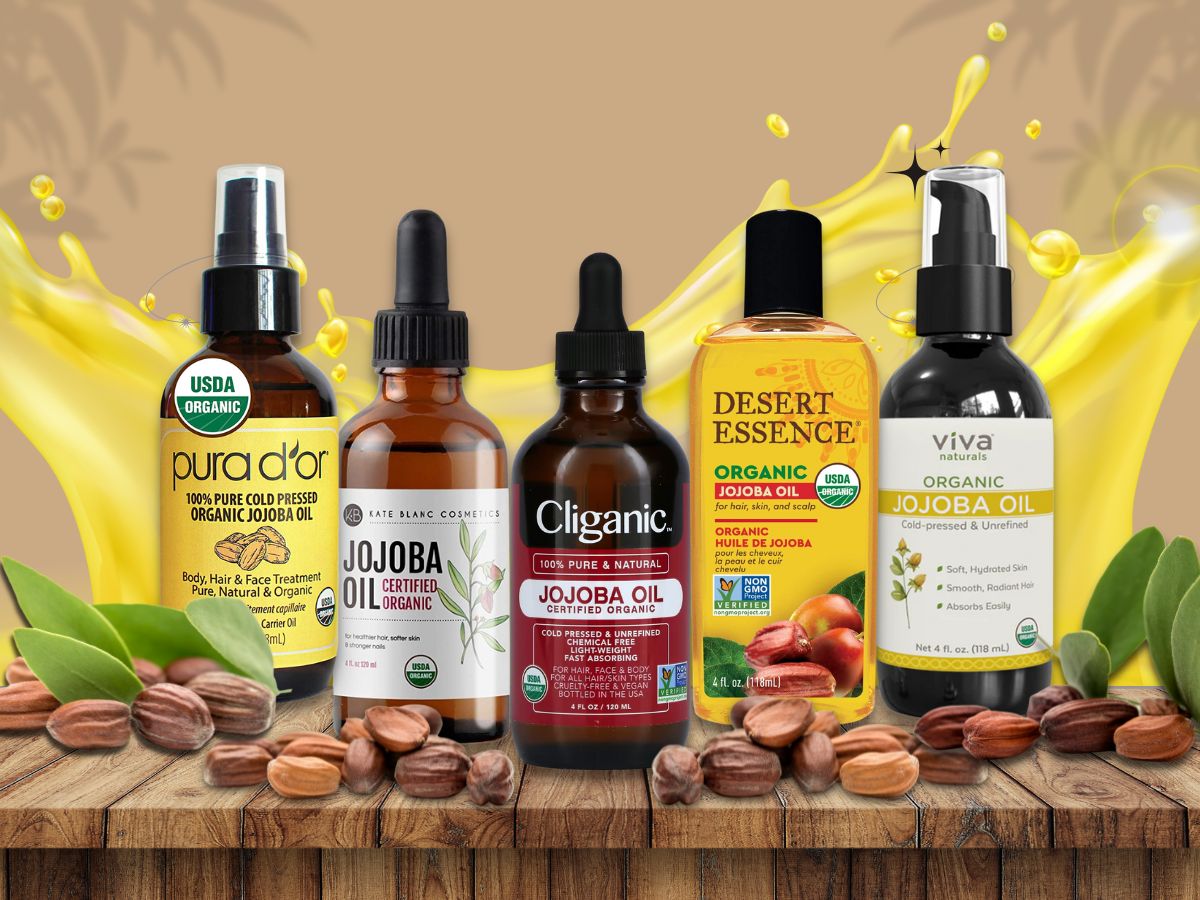
Nowadays, jojoba oil is most commonly encountered in a wide range of beauty and hair-care items.
Why do some people use jojoba oil for hair?
Because jojoba oil has an oily, waxy makeup, it functions effectively as a moisturizer. It’s often added to hair conditioners to provide extra defense against dryness, breakage, and split ends.
The oil can also hydrate the scalp and is sometimes used as a remedy for dandruff.
Jojoba contains vitamins and minerals that benefit hair, such as vitamin C, B-complex vitamins, vitamin E, copper, and zinc.
Since it helps fortify hair, many believe jojoba oil may reduce hair loss and encourage thicker hair. The theory is that the oil hydrates hair follicles, preventing the dryness that can contribute to shedding.
What’s the research on jojoba oil for hair?
There are numerous claims about what jojoba oil can accomplish for hair. Some of these are backed by research, while others are overstated.
Its primary advantage is as a moisturizer for skin and hair, as supported in a recent dermatology review. Recent patents also list it as a common component in many shampoos and conditioners, suggesting its role as an important microemulsion in hair-care formulations. Microemulsions help deliver active ingredients in a product. Other typical microemulsions include beeswax, carnauba wax, or esparto grass wax.
For these reasons, jojoba oil may help reduce hair breakage and strengthen strands. It might also be effective in addressing dandruff, dry or itchy scalp, and serve as an anti-inflammatory and moisturizer for skin.
However, the idea that jojoba oil directly stimulates hair regrowth is not well-supported by evidence. One study that evaluated jojoba oil for hair growth found it to be less effective than minoxidil (Rogaine) and peppermint essential oil.
Therefore, jojoba oil shouldn’t be relied upon as a treatment for pattern baldness (male or female), alopecia, or other forms of hair loss. Still, it can be a useful product for promoting strong, silky, and glossy hair.
How do you use it?
There are several ways to include jojoba oil in your hair-care routine.
1. Apply directly. Warm the oil first so it’s easier to spread. You can warm it in a clean pot on the stove or in a microwave-safe bowl. Use about 1 tablespoon for short hair and 2 tablespoons for longer hair. Apply starting above the scalp and work evenly down to the tips. Leave it on for roughly 20 minutes, then shampoo, condition, and rinse.
Avoid applying heavily to the scalp to prevent clogging pores. If you’re targeting dry scalp or dandruff, use a very small amount directly on the skin (around 1–2 drops).
2. Add to products. Mix a few drops of jojoba oil (about 3–5 drops) into a dollop of your regular shampoo or conditioner before using.
3. Buy products that contain it. Choose a shampoo or conditioner that lists jojoba oil among its natural ingredients. This is an easy method to incorporate it into your routine.
What should I know before using?
Is jojoba oil completely safe? A formal 1992 safety review indicates there’s little cause for concern. Although this review is over two decades old, safety data for such products changes slowly.
Animal studies included in the review showed that extremely high internal doses could cause hyperemia (excessive blood flow) and potential heart damage. However, those effects were linked to internal ingestion at high doses and were not observed in human topical use. Tests for skin sensitization on both humans and animals produced few allergic reactions.
Consequently, allergic responses to jojoba oil are uncommon, and topical use (especially for hair) is generally considered safe. It’s also regarded as safe for topical use during pregnancy and breastfeeding.
Still, exercise caution. Because sensitivities to jojoba are not extensively studied and safety reviews haven’t been updated in decades, it’s prudent to check for sensitivity before regular use.
If you’re applying pure jojoba oil or mixing it into products, start with small amounts. Adhere to the concentrations found in commercial hair-care items. Follow directions and recommended dosing, and adverse effects are unlikely.
The takeaway
Jojoba oil can be a valuable addition to your hair-care arsenal. It enhances conditioning, improving strength, shine, and manageability.
However, jojoba oil is not proven to stimulate hair regrowth or halt hair loss.
Conversely, it is likely beneficial for treating dry scalp and dandruff. It also supplies vitamins and minerals that nourish hair over time.
Jojoba oil has a strong safety profile, with allergic reactions being rare. You may use it while pregnant or breastfeeding after confirming you’re not sensitive to it.

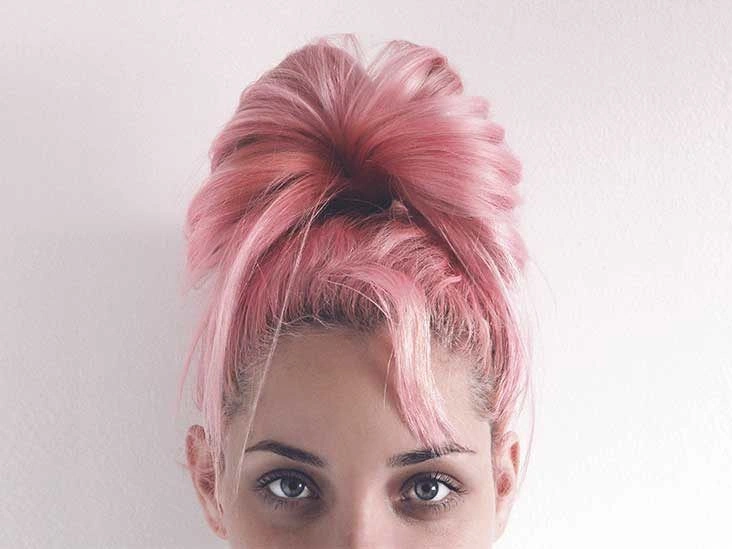
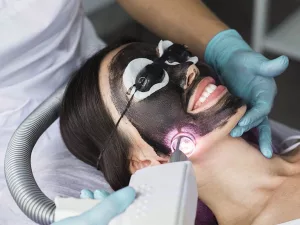

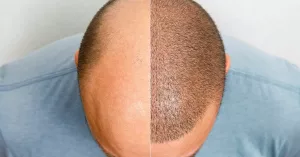


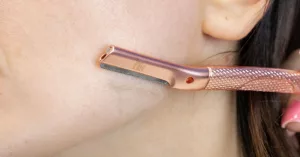
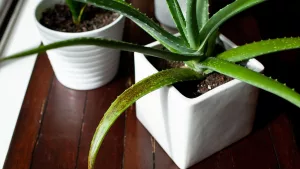
















Leave a Reply
You must be logged in to post a comment.